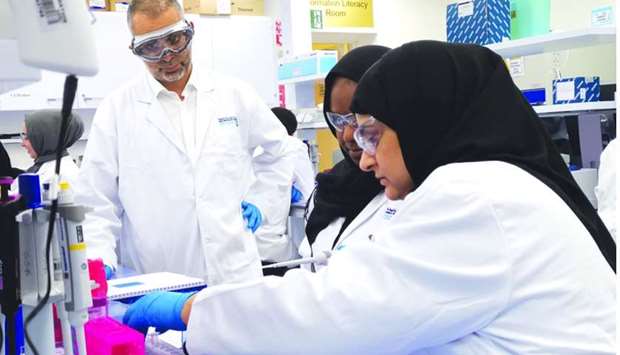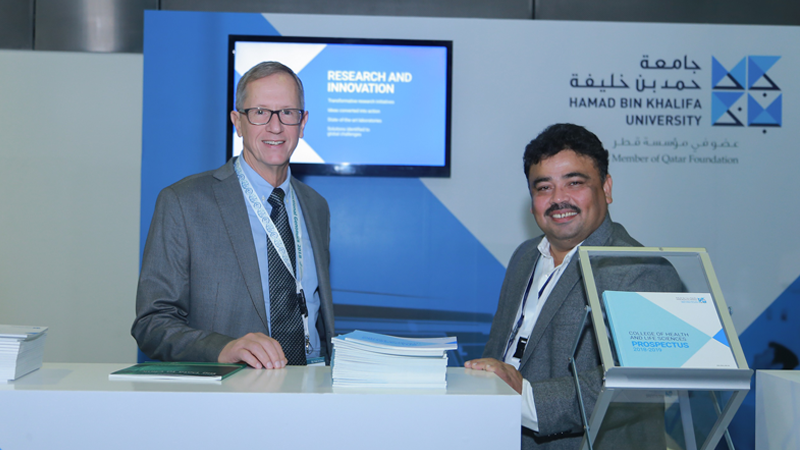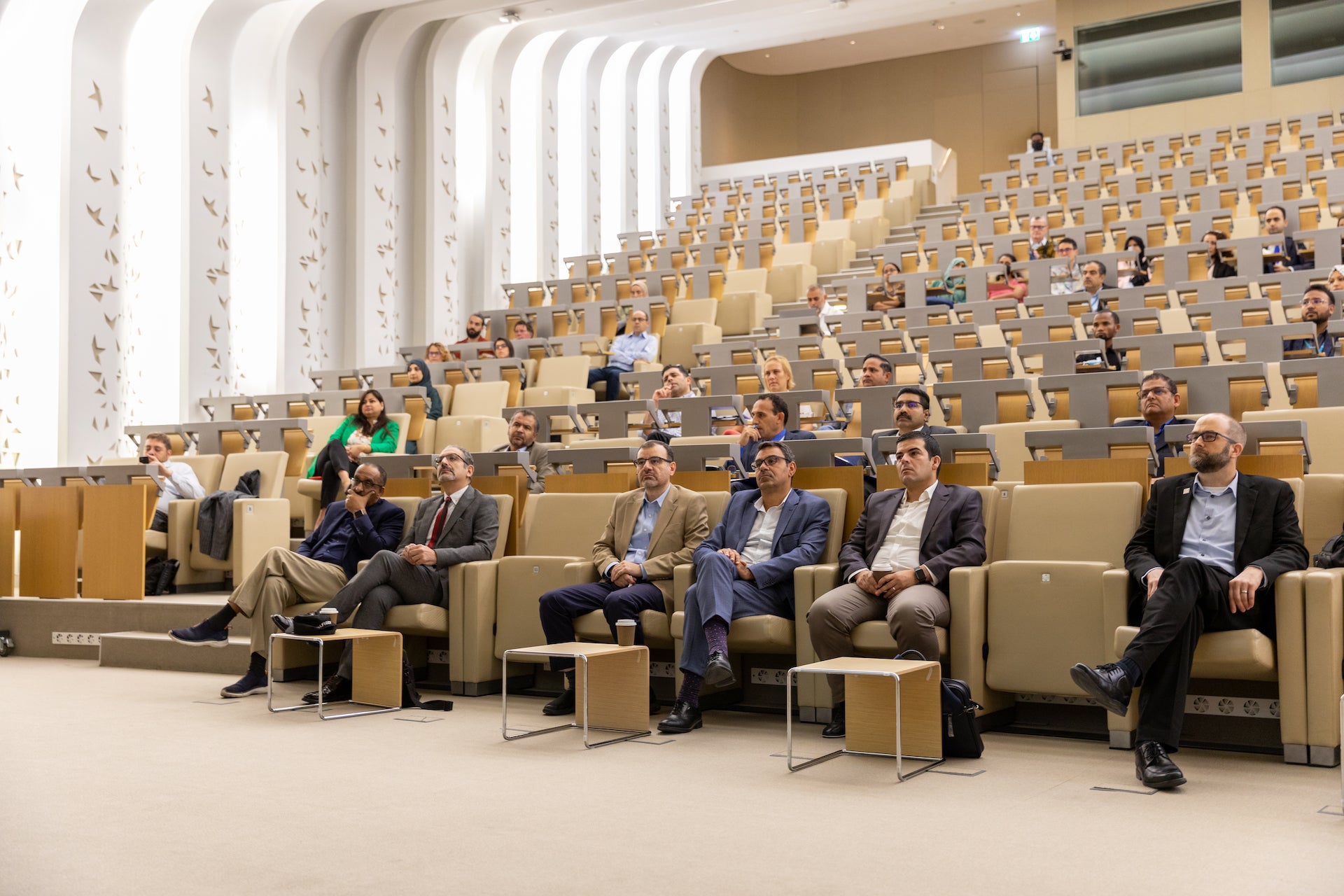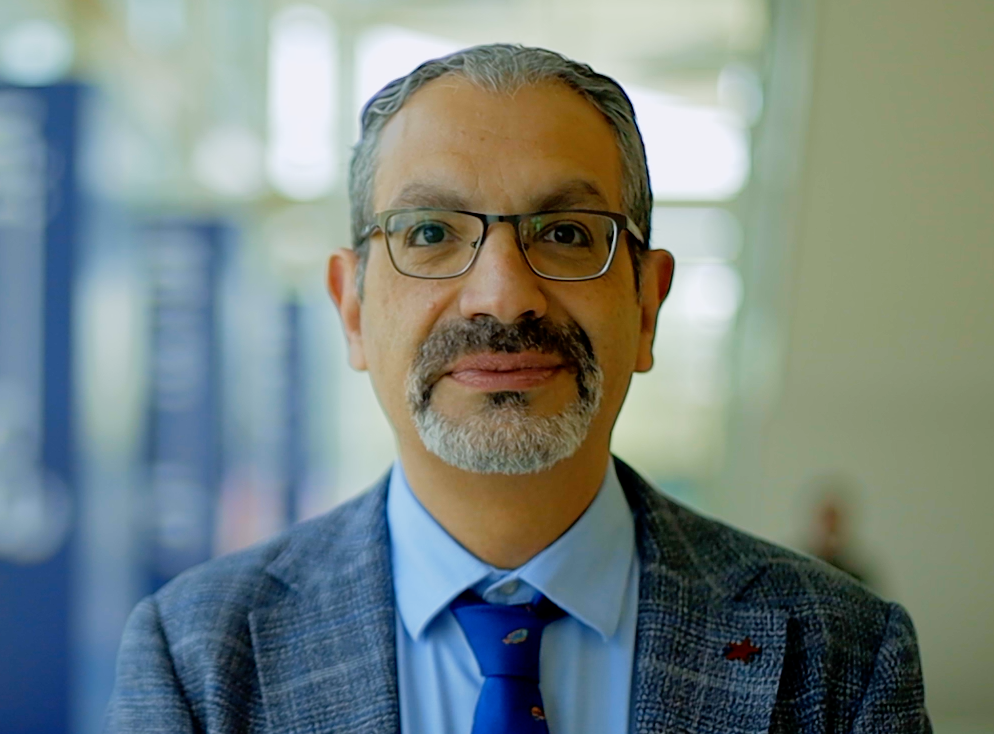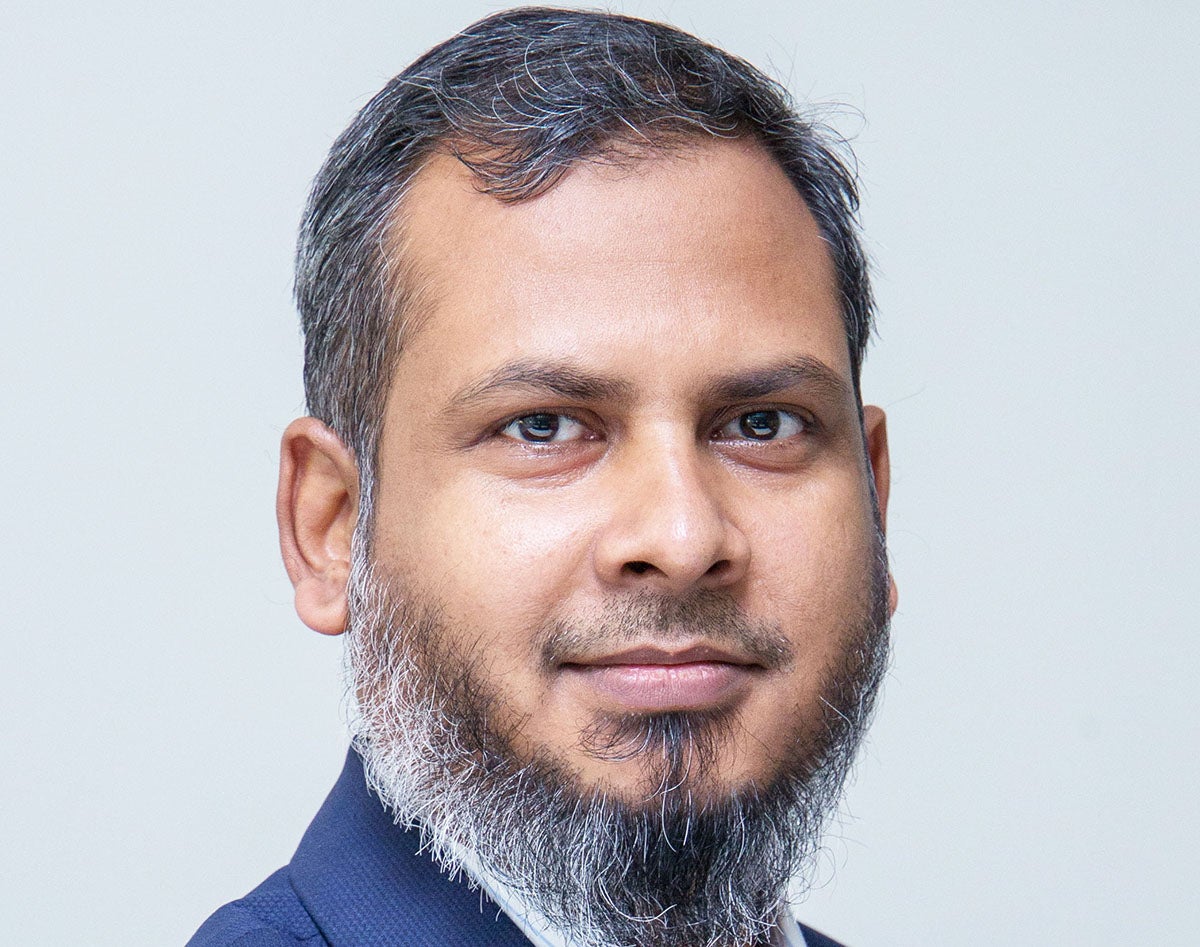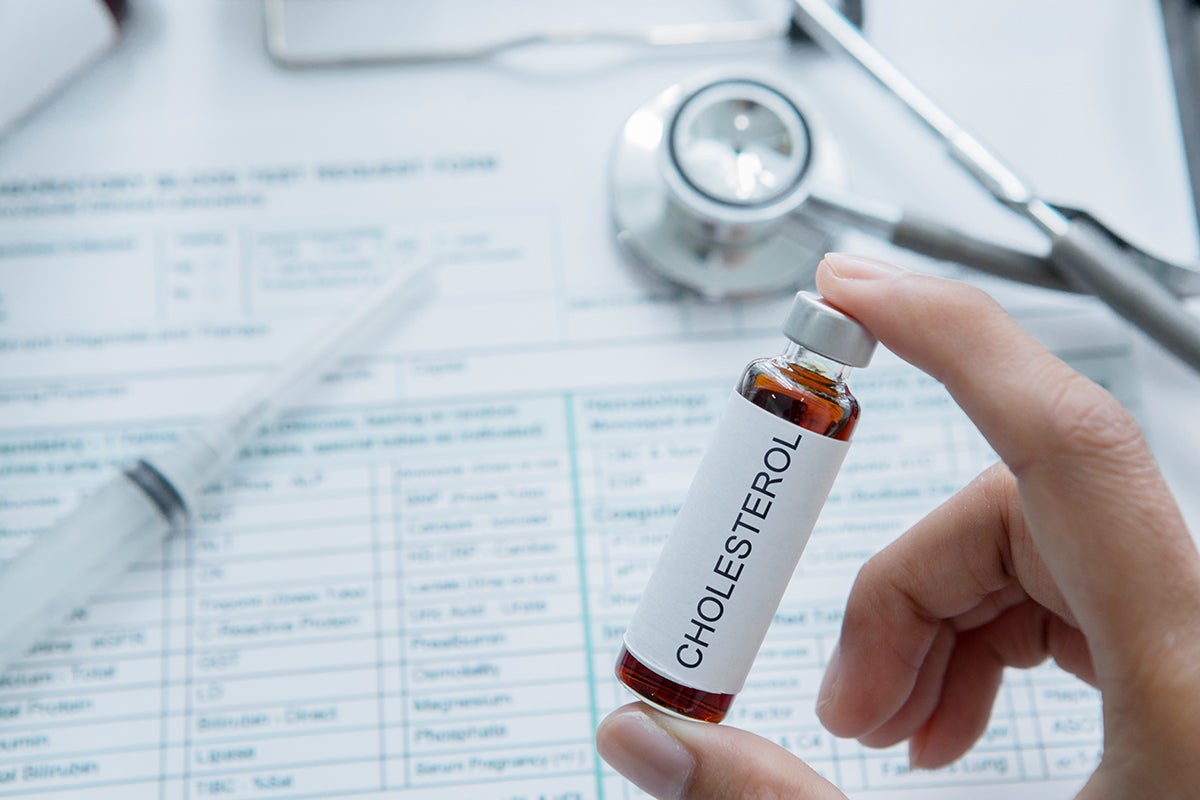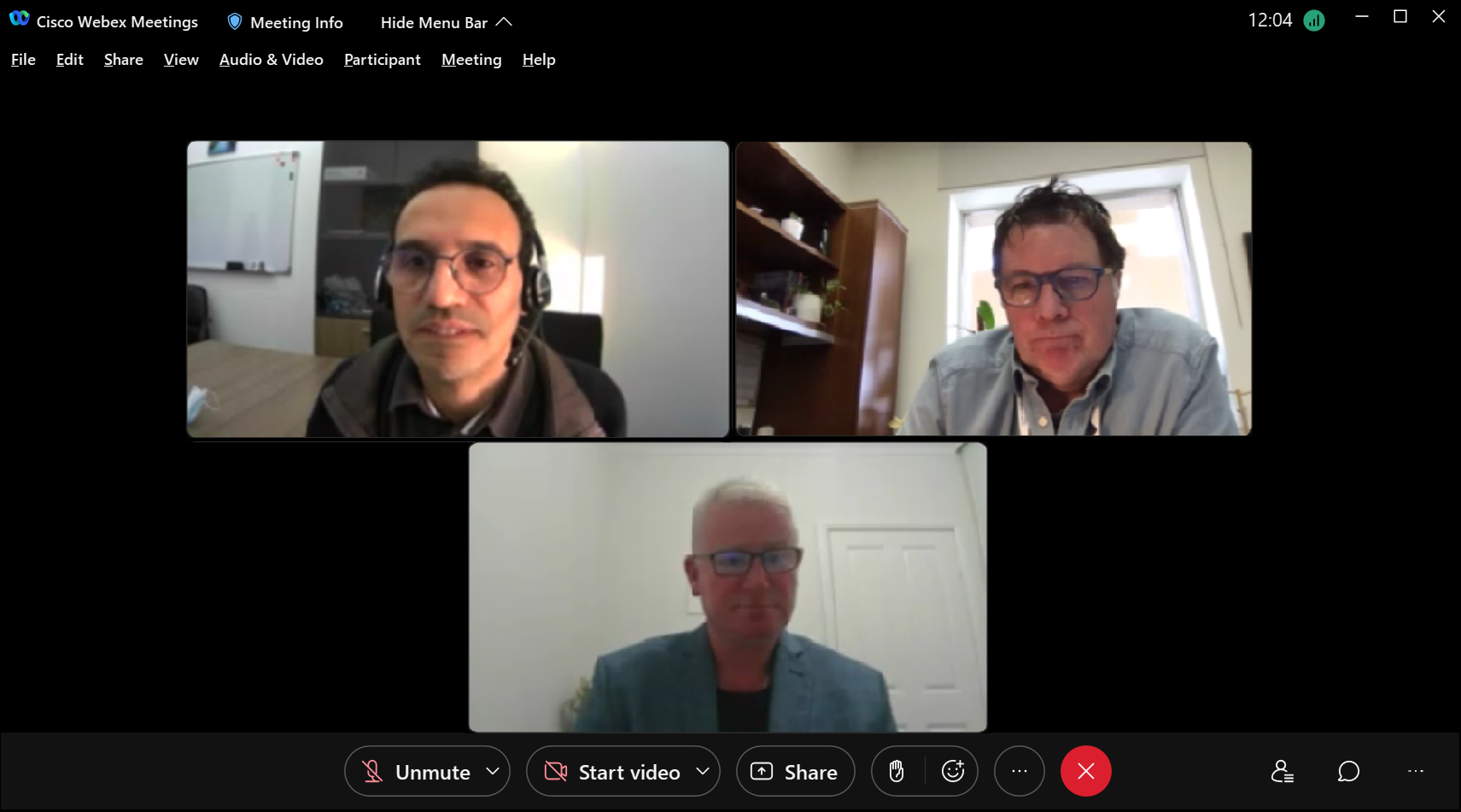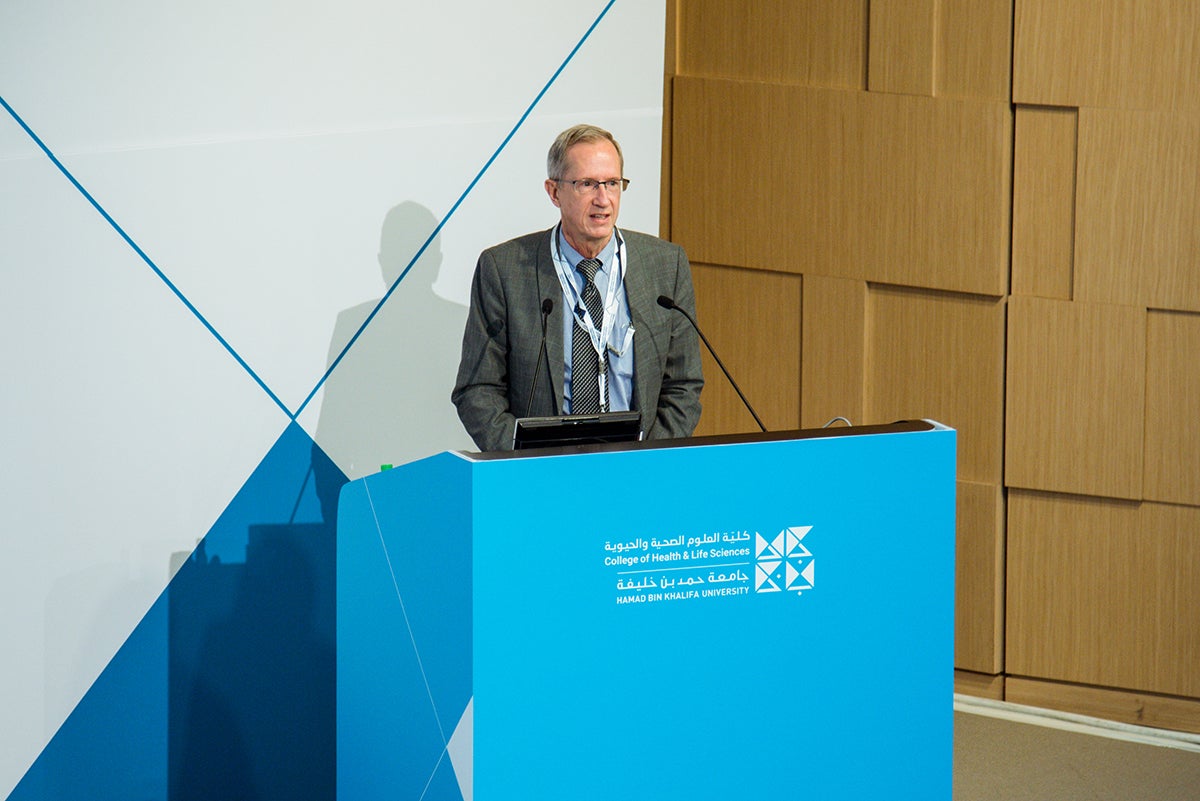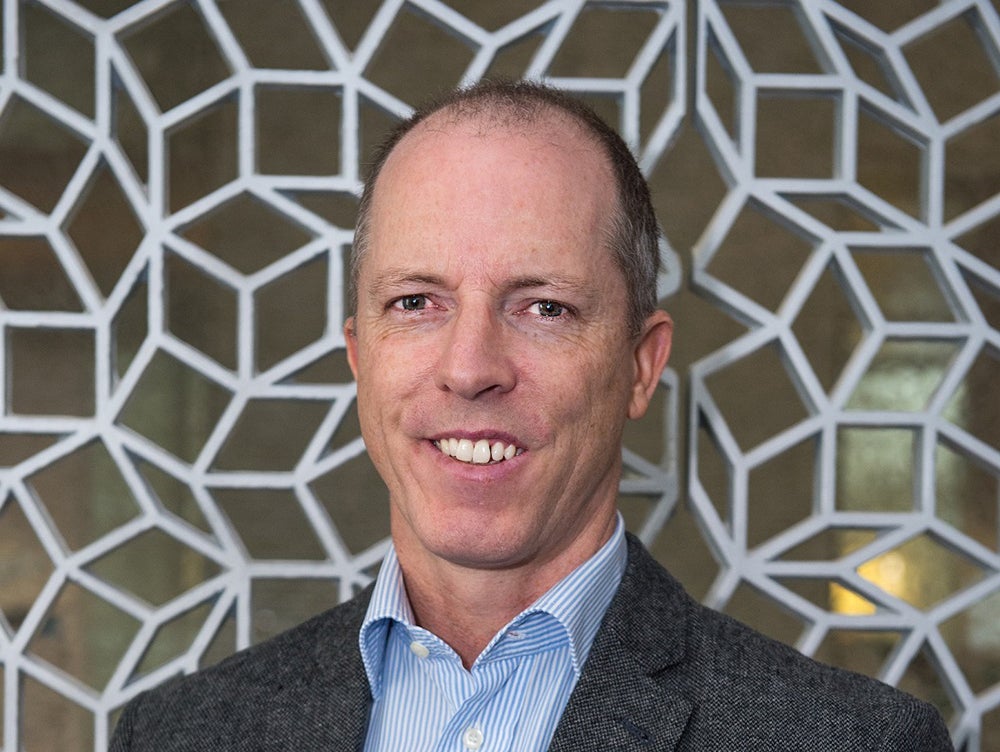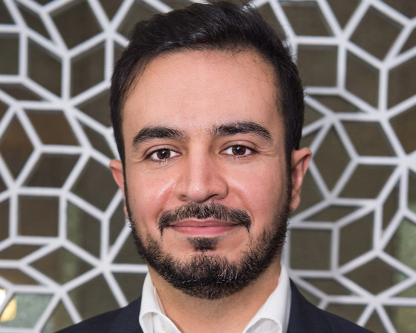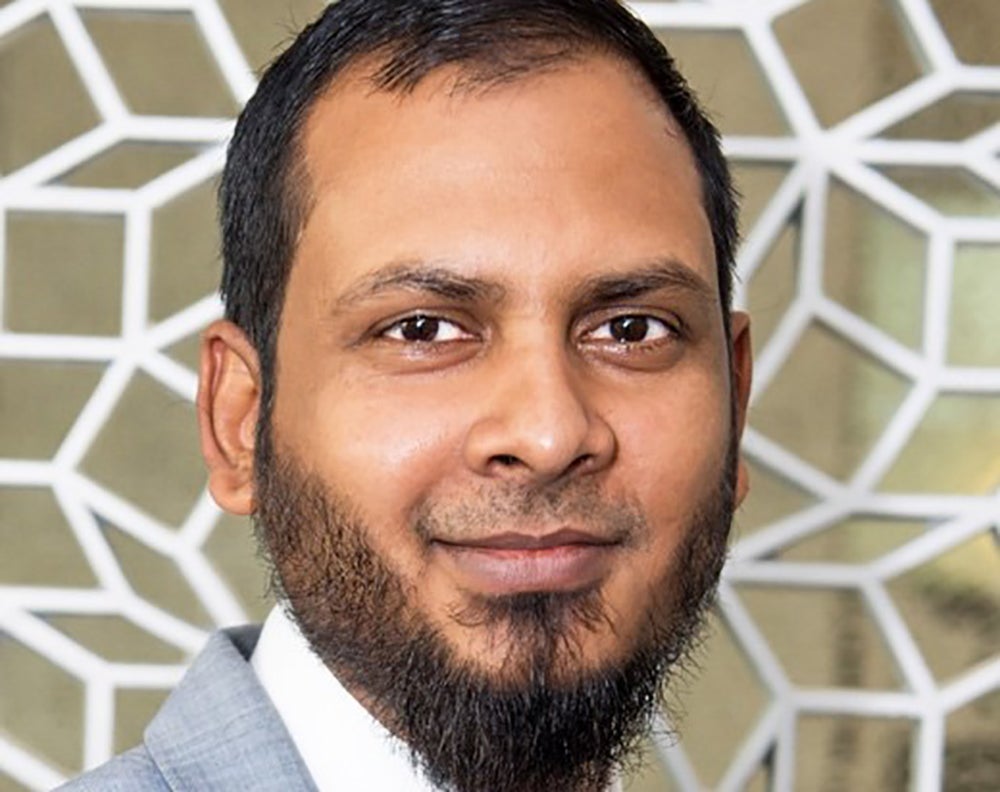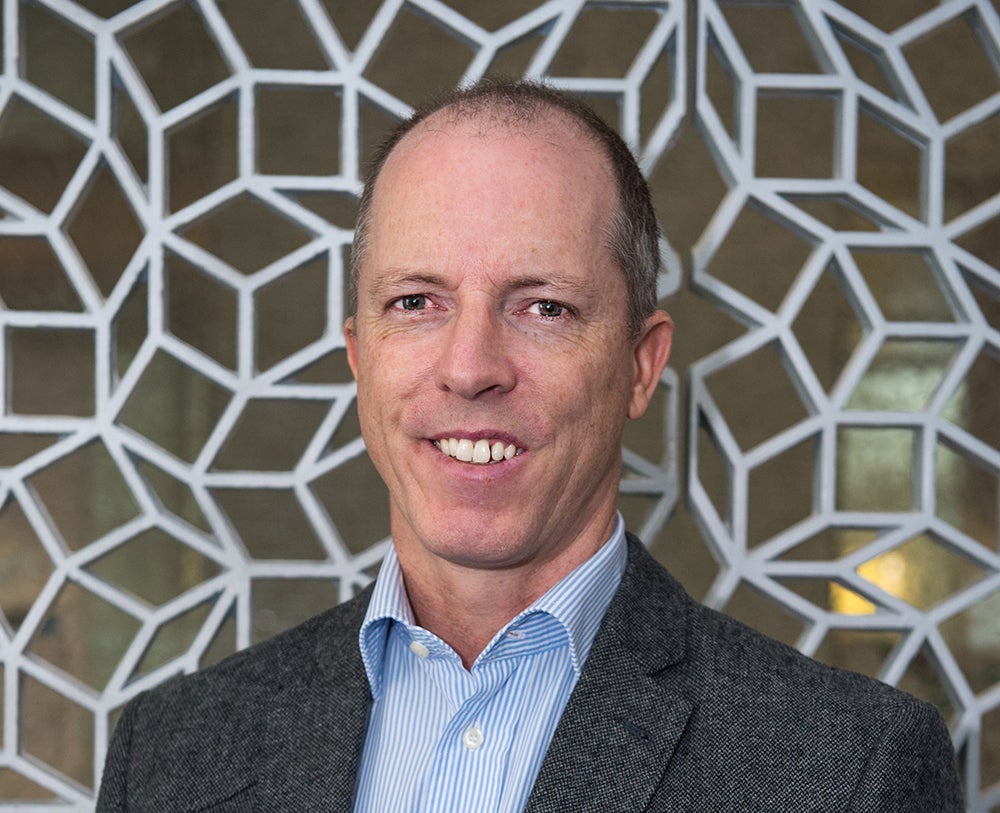
Interview with Dr. Edward Stuenkel
Founding Dean, College of Health and Life Sciences (CHLS), Hamad Bin Khalifa University
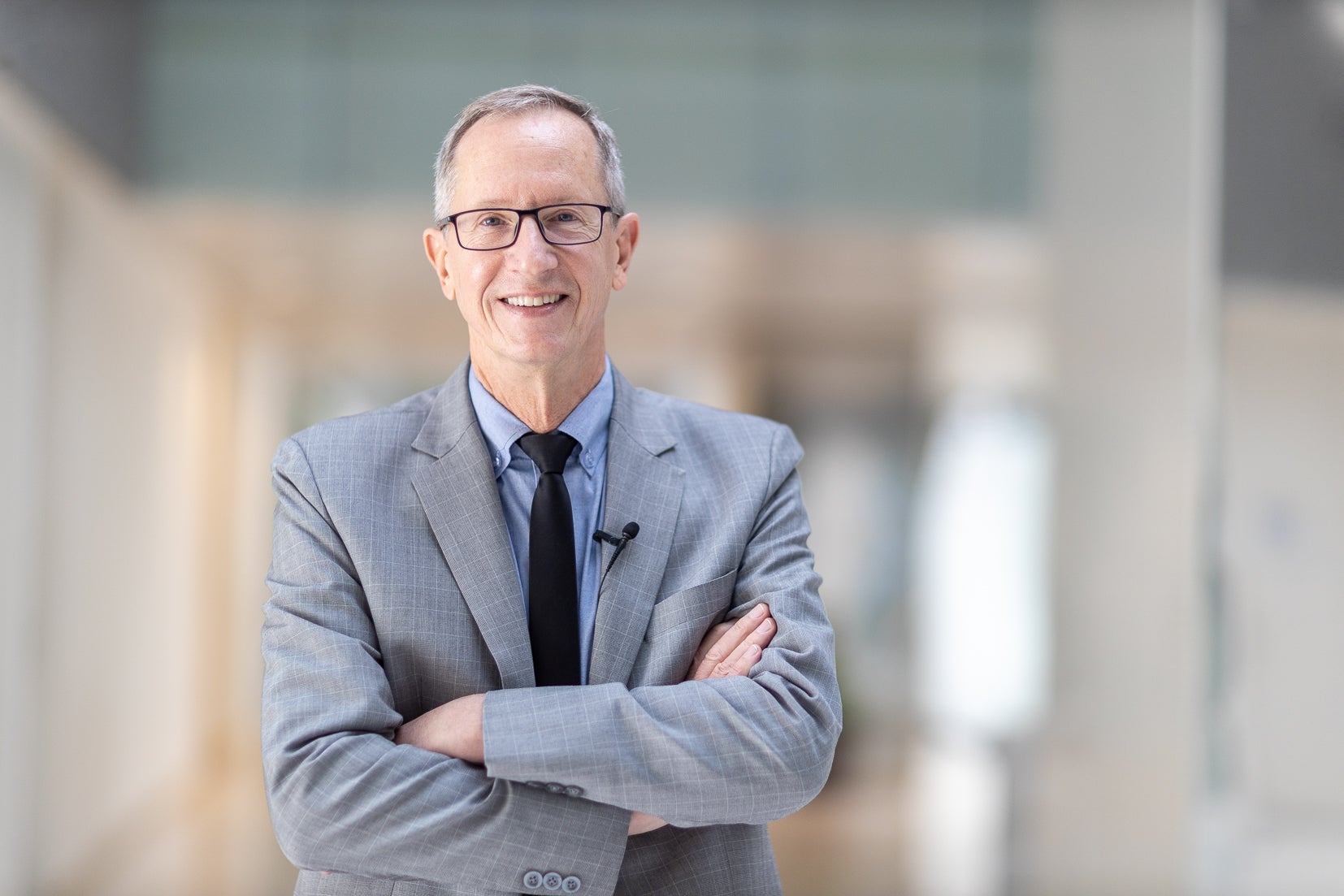
How important is it that students can finally return to the classroom and how has the college adapted during the pandemic?
There is great enthusiasm among the faculty and students for a return to face-to-face didactic instruction within the HBKU infrastructure. Social and in-person interactions that occur in a classroom learning environment often stimulate critical thinking, appreciation of a diversity of perspectives and inspire innovative and collaborative efforts. Education is not only about the information conveyed but also benefits from an interactive and shared learning environment. The COVID-19 pandemic experience with virtual online learning has added an appreciation to the spectrum of effective instructional methods. The college is excited to retain aspects of online education within its learning environment. HBKU was amazing in its ability to transition efficiently and successfully to online instruction during the COVID-19 pandemic.
The biggest challenge from COVID-19 that CHLS faced was that research within the biomedical sciences is performed within research laboratories. Laboratory research requires a collective of faculty, postdoctoral fellows, and students to be active within that environment. CHLS adapted to this through the help of HBKU’s crisis management team by developing “bubble teams,” adaptive scheduling, phasing on return of personnel, and frequent checks on adherence to COVID-19 and laboratory safety standards. While research activity was reduced, CHLS continued to operate under the principle of delivering research training during the pandemic that was in line with the best practices to sustain the health of the students and faculty. As such, research was largely able to persist under the guidance and adherence to regulations mandated by the Qatar Supreme Committee for Crisis Management and Qatar Foundation.
What are the main programs offered at your college and are there any that are unique or exclusive to the region?
CHLS offers five degree programs including an MS and PhD in Biological and Biomedical Sciences, an MS and PhD in Genomics and Precision Medicine (GPM), and an MS in Exercise Science, the latter a joint program with the University of South Carolina, USA. CHLS is the only institution in Qatar to offer degree programs in GPM. Healthcare is rapidly advancing toward precision (or highly personalized medicine in diagnosis and therapy of patients) as this approach offers a deeper understanding of pathophysiology and treatment of individual patients. Foundational to achieving precision medicine is the development of a cadre of well-trained research scientists with expertise in precision medicine. CHLS’ advanced joint degree program is novel to the region and its focus is on studying and developing strategies by which an individual may attain physical fitness to address preventative health.
What role does your college play in addressing the country’s national challenges, and how does it contribute to the evolvement of precision medicine, particularly since the pandemic?
The lives of millions have been positively impacted through the vital role research scientists have exerted in advancing knowledge on the COVID-19 virus, the development and testing of the antiviral vaccines, the development of fast antigen tests, and the sequencing of samples to identify and track variants of COVID-19. In addition to the pandemic, Qatar possesses many global health challenges such as diabetes, cancers, and cardiovascular diseases. The best defense against these diseases is developing a good offense, which is defined by developing biomedical research scientists to begin to identify the “omics,” lifestyle and environment that may underlie the onset or progression of these diseases. Research scientists trained in precision medicine are the leaders in the fight against current and future health pandemics and CHLS, through its graduate-level academic programs, is a regional leader in the training of these research scientists.
Related News

HBKU College of Health and Life Sciences and Equine Veterinary Medical Center Sign MoU
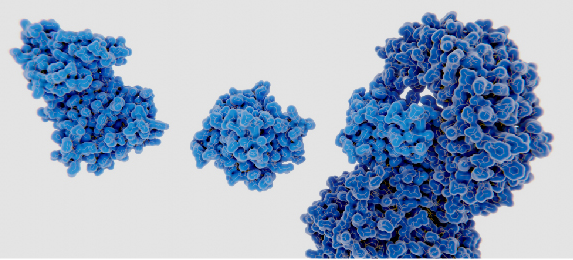
College of Health and Life Sciences Talk Spotlights Renowned Scientist’s Breakthrough on Cell Death-Driven Inflammation
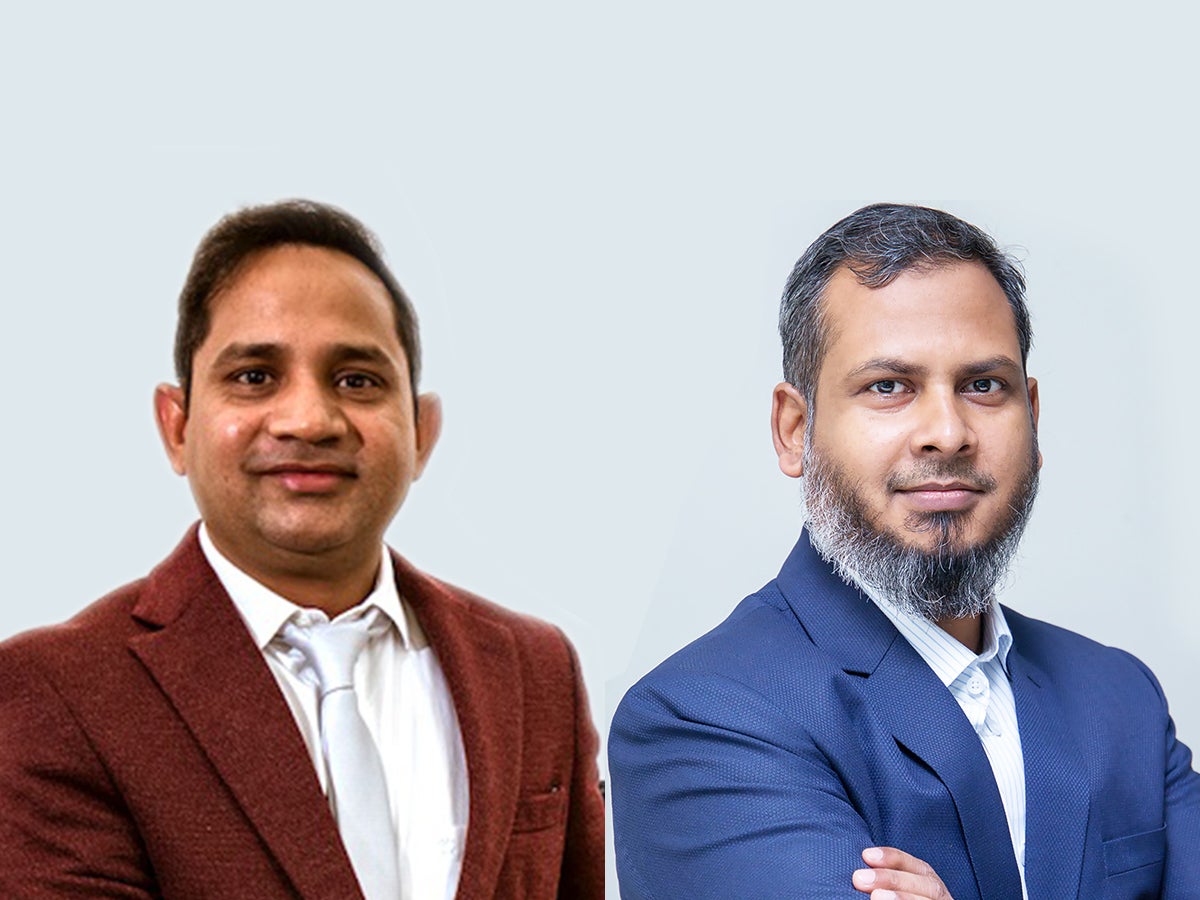
Faculty at College of Health and Life Sciences Selected as Members of the Royal Society of Biology
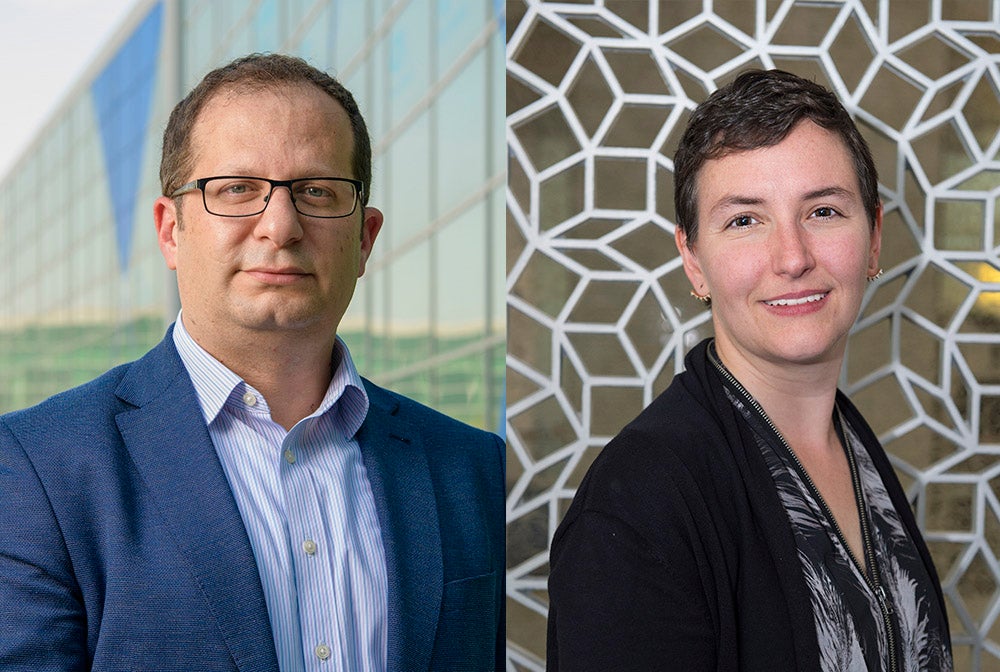
HBKU’s College of Health and Life Science Researchers Awarded Two Major Grants
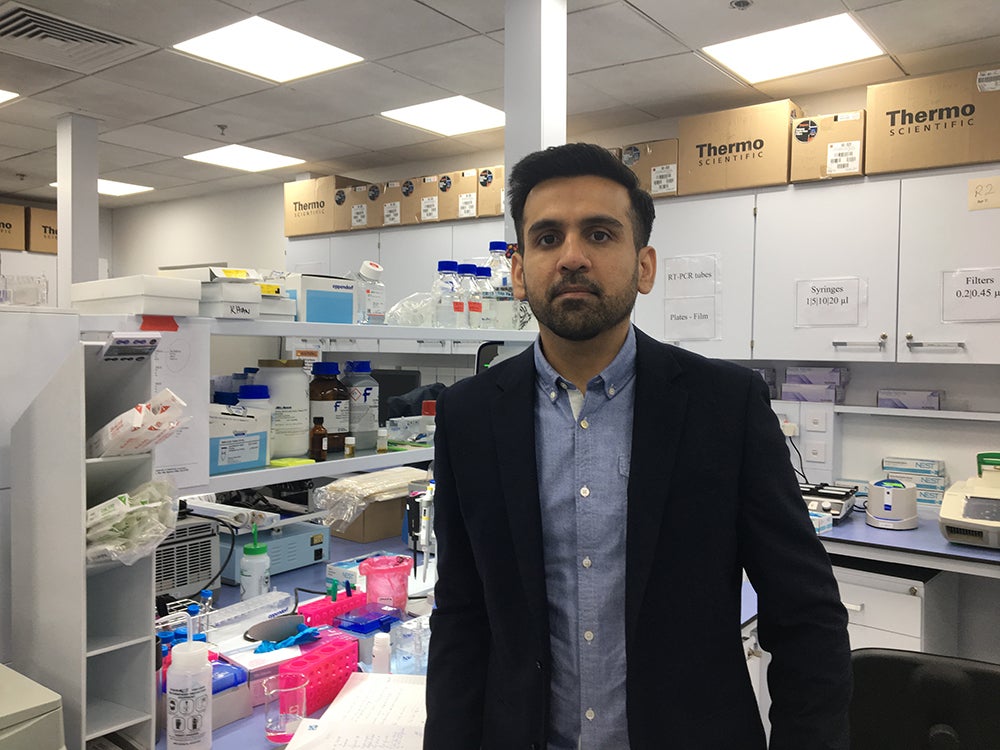
HBKU College of Health and Life Sciences Faculty Member Elected to Prestigious Biology Council
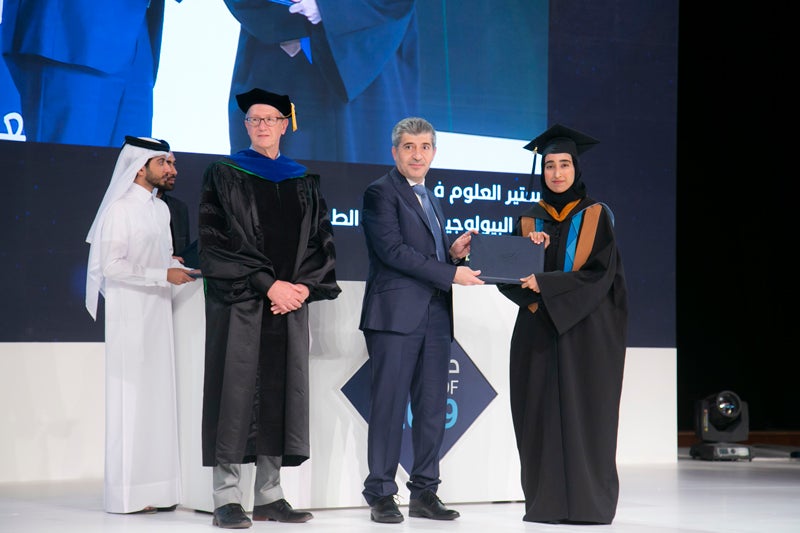
HBKU’s College of Health and Life Sciences Graduates Tackling Qatar’s Pressing Challenges

HBKU College of Health and Life Sciences and Equine Veterinary Medical Center Sign MoU

College of Health and Life Sciences Talk Spotlights Renowned Scientist’s Breakthrough on Cell Death-Driven Inflammation

Faculty at College of Health and Life Sciences Selected as Members of the Royal Society of Biology

HBKU’s College of Health and Life Science Researchers Awarded Two Major Grants

HBKU College of Health and Life Sciences Faculty Member Elected to Prestigious Biology Council

HBKU’s College of Health and Life Sciences Graduates Tackling Qatar’s Pressing Challenges

HBKU College of Health and Life Sciences and Equine Veterinary Medical Center Sign MoU

College of Health and Life Sciences Talk Spotlights Renowned Scientist’s Breakthrough on Cell Death-Driven Inflammation

Faculty at College of Health and Life Sciences Selected as Members of the Royal Society of Biology

HBKU’s College of Health and Life Science Researchers Awarded Two Major Grants

HBKU College of Health and Life Sciences Faculty Member Elected to Prestigious Biology Council

HBKU’s College of Health and Life Sciences Graduates Tackling Qatar’s Pressing Challenges

HBKU College of Health and Life Sciences and Equine Veterinary Medical Center Sign MoU

College of Health and Life Sciences Talk Spotlights Renowned Scientist’s Breakthrough on Cell Death-Driven Inflammation

Faculty at College of Health and Life Sciences Selected as Members of the Royal Society of Biology

HBKU’s College of Health and Life Science Researchers Awarded Two Major Grants

HBKU College of Health and Life Sciences Faculty Member Elected to Prestigious Biology Council

HBKU’s College of Health and Life Sciences Graduates Tackling Qatar’s Pressing Challenges

HBKU College of Health and Life Sciences and Equine Veterinary Medical Center Sign MoU

College of Health and Life Sciences Talk Spotlights Renowned Scientist’s Breakthrough on Cell Death-Driven Inflammation

Faculty at College of Health and Life Sciences Selected as Members of the Royal Society of Biology

HBKU’s College of Health and Life Science Researchers Awarded Two Major Grants

HBKU College of Health and Life Sciences Faculty Member Elected to Prestigious Biology Council

HBKU’s College of Health and Life Sciences Graduates Tackling Qatar’s Pressing Challenges

HBKU College of Health and Life Sciences and Equine Veterinary Medical Center Sign MoU

College of Health and Life Sciences Talk Spotlights Renowned Scientist’s Breakthrough on Cell Death-Driven Inflammation

Faculty at College of Health and Life Sciences Selected as Members of the Royal Society of Biology

HBKU’s College of Health and Life Science Researchers Awarded Two Major Grants

HBKU College of Health and Life Sciences Faculty Member Elected to Prestigious Biology Council

HBKU’s College of Health and Life Sciences Graduates Tackling Qatar’s Pressing Challenges

HBKU College of Health and Life Sciences and Equine Veterinary Medical Center Sign MoU

College of Health and Life Sciences Talk Spotlights Renowned Scientist’s Breakthrough on Cell Death-Driven Inflammation

Faculty at College of Health and Life Sciences Selected as Members of the Royal Society of Biology

HBKU’s College of Health and Life Science Researchers Awarded Two Major Grants

HBKU College of Health and Life Sciences Faculty Member Elected to Prestigious Biology Council

HBKU’s College of Health and Life Sciences Graduates Tackling Qatar’s Pressing Challenges

HBKU College of Health and Life Sciences and Equine Veterinary Medical Center Sign MoU

College of Health and Life Sciences Talk Spotlights Renowned Scientist’s Breakthrough on Cell Death-Driven Inflammation

Faculty at College of Health and Life Sciences Selected as Members of the Royal Society of Biology

HBKU’s College of Health and Life Science Researchers Awarded Two Major Grants

HBKU College of Health and Life Sciences Faculty Member Elected to Prestigious Biology Council

HBKU’s College of Health and Life Sciences Graduates Tackling Qatar’s Pressing Challenges

HBKU College of Health and Life Sciences and Equine Veterinary Medical Center Sign MoU

College of Health and Life Sciences Talk Spotlights Renowned Scientist’s Breakthrough on Cell Death-Driven Inflammation

Faculty at College of Health and Life Sciences Selected as Members of the Royal Society of Biology

HBKU’s College of Health and Life Science Researchers Awarded Two Major Grants

HBKU College of Health and Life Sciences Faculty Member Elected to Prestigious Biology Council

HBKU’s College of Health and Life Sciences Graduates Tackling Qatar’s Pressing Challenges

HBKU College of Health and Life Sciences and Equine Veterinary Medical Center Sign MoU

College of Health and Life Sciences Talk Spotlights Renowned Scientist’s Breakthrough on Cell Death-Driven Inflammation

Faculty at College of Health and Life Sciences Selected as Members of the Royal Society of Biology

HBKU’s College of Health and Life Science Researchers Awarded Two Major Grants

HBKU College of Health and Life Sciences Faculty Member Elected to Prestigious Biology Council

HBKU’s College of Health and Life Sciences Graduates Tackling Qatar’s Pressing Challenges

HBKU College of Health and Life Sciences and Equine Veterinary Medical Center Sign MoU

College of Health and Life Sciences Talk Spotlights Renowned Scientist’s Breakthrough on Cell Death-Driven Inflammation

Faculty at College of Health and Life Sciences Selected as Members of the Royal Society of Biology

HBKU’s College of Health and Life Science Researchers Awarded Two Major Grants

HBKU College of Health and Life Sciences Faculty Member Elected to Prestigious Biology Council

HBKU’s College of Health and Life Sciences Graduates Tackling Qatar’s Pressing Challenges

HBKU College of Health and Life Sciences and Equine Veterinary Medical Center Sign MoU

College of Health and Life Sciences Talk Spotlights Renowned Scientist’s Breakthrough on Cell Death-Driven Inflammation

Faculty at College of Health and Life Sciences Selected as Members of the Royal Society of Biology

HBKU’s College of Health and Life Science Researchers Awarded Two Major Grants

HBKU College of Health and Life Sciences Faculty Member Elected to Prestigious Biology Council

HBKU’s College of Health and Life Sciences Graduates Tackling Qatar’s Pressing Challenges

HBKU College of Health and Life Sciences and Equine Veterinary Medical Center Sign MoU

College of Health and Life Sciences Talk Spotlights Renowned Scientist’s Breakthrough on Cell Death-Driven Inflammation

Faculty at College of Health and Life Sciences Selected as Members of the Royal Society of Biology

HBKU’s College of Health and Life Science Researchers Awarded Two Major Grants

HBKU College of Health and Life Sciences Faculty Member Elected to Prestigious Biology Council

HBKU’s College of Health and Life Sciences Graduates Tackling Qatar’s Pressing Challenges

HBKU College of Health and Life Sciences and Equine Veterinary Medical Center Sign MoU

College of Health and Life Sciences Talk Spotlights Renowned Scientist’s Breakthrough on Cell Death-Driven Inflammation

Faculty at College of Health and Life Sciences Selected as Members of the Royal Society of Biology

HBKU’s College of Health and Life Science Researchers Awarded Two Major Grants

HBKU College of Health and Life Sciences Faculty Member Elected to Prestigious Biology Council

HBKU’s College of Health and Life Sciences Graduates Tackling Qatar’s Pressing Challenges

HBKU College of Health and Life Sciences and Equine Veterinary Medical Center Sign MoU

College of Health and Life Sciences Talk Spotlights Renowned Scientist’s Breakthrough on Cell Death-Driven Inflammation

Faculty at College of Health and Life Sciences Selected as Members of the Royal Society of Biology

HBKU’s College of Health and Life Science Researchers Awarded Two Major Grants

HBKU College of Health and Life Sciences Faculty Member Elected to Prestigious Biology Council

HBKU’s College of Health and Life Sciences Graduates Tackling Qatar’s Pressing Challenges

HBKU College of Health and Life Sciences and Equine Veterinary Medical Center Sign MoU

College of Health and Life Sciences Talk Spotlights Renowned Scientist’s Breakthrough on Cell Death-Driven Inflammation

Faculty at College of Health and Life Sciences Selected as Members of the Royal Society of Biology

HBKU’s College of Health and Life Science Researchers Awarded Two Major Grants

HBKU College of Health and Life Sciences Faculty Member Elected to Prestigious Biology Council

HBKU’s College of Health and Life Sciences Graduates Tackling Qatar’s Pressing Challenges

HBKU College of Health and Life Sciences and Equine Veterinary Medical Center Sign MoU

College of Health and Life Sciences Talk Spotlights Renowned Scientist’s Breakthrough on Cell Death-Driven Inflammation

Faculty at College of Health and Life Sciences Selected as Members of the Royal Society of Biology

HBKU’s College of Health and Life Science Researchers Awarded Two Major Grants

HBKU College of Health and Life Sciences Faculty Member Elected to Prestigious Biology Council

HBKU’s College of Health and Life Sciences Graduates Tackling Qatar’s Pressing Challenges

HBKU College of Health and Life Sciences and Equine Veterinary Medical Center Sign MoU

College of Health and Life Sciences Talk Spotlights Renowned Scientist’s Breakthrough on Cell Death-Driven Inflammation

Faculty at College of Health and Life Sciences Selected as Members of the Royal Society of Biology

HBKU’s College of Health and Life Science Researchers Awarded Two Major Grants

HBKU College of Health and Life Sciences Faculty Member Elected to Prestigious Biology Council

HBKU’s College of Health and Life Sciences Graduates Tackling Qatar’s Pressing Challenges

HBKU College of Health and Life Sciences and Equine Veterinary Medical Center Sign MoU

College of Health and Life Sciences Talk Spotlights Renowned Scientist’s Breakthrough on Cell Death-Driven Inflammation

Faculty at College of Health and Life Sciences Selected as Members of the Royal Society of Biology

HBKU’s College of Health and Life Science Researchers Awarded Two Major Grants

HBKU College of Health and Life Sciences Faculty Member Elected to Prestigious Biology Council

HBKU’s College of Health and Life Sciences Graduates Tackling Qatar’s Pressing Challenges

HBKU College of Health and Life Sciences and Equine Veterinary Medical Center Sign MoU

College of Health and Life Sciences Talk Spotlights Renowned Scientist’s Breakthrough on Cell Death-Driven Inflammation

Faculty at College of Health and Life Sciences Selected as Members of the Royal Society of Biology

HBKU’s College of Health and Life Science Researchers Awarded Two Major Grants

HBKU College of Health and Life Sciences Faculty Member Elected to Prestigious Biology Council

HBKU’s College of Health and Life Sciences Graduates Tackling Qatar’s Pressing Challenges

HBKU College of Health and Life Sciences and Equine Veterinary Medical Center Sign MoU

College of Health and Life Sciences Talk Spotlights Renowned Scientist’s Breakthrough on Cell Death-Driven Inflammation

Faculty at College of Health and Life Sciences Selected as Members of the Royal Society of Biology

HBKU’s College of Health and Life Science Researchers Awarded Two Major Grants

HBKU College of Health and Life Sciences Faculty Member Elected to Prestigious Biology Council

HBKU’s College of Health and Life Sciences Graduates Tackling Qatar’s Pressing Challenges

HBKU College of Health and Life Sciences and Equine Veterinary Medical Center Sign MoU

College of Health and Life Sciences Talk Spotlights Renowned Scientist’s Breakthrough on Cell Death-Driven Inflammation

Faculty at College of Health and Life Sciences Selected as Members of the Royal Society of Biology

HBKU’s College of Health and Life Science Researchers Awarded Two Major Grants

HBKU College of Health and Life Sciences Faculty Member Elected to Prestigious Biology Council

HBKU’s College of Health and Life Sciences Graduates Tackling Qatar’s Pressing Challenges

HBKU College of Health and Life Sciences and Equine Veterinary Medical Center Sign MoU

College of Health and Life Sciences Talk Spotlights Renowned Scientist’s Breakthrough on Cell Death-Driven Inflammation

Faculty at College of Health and Life Sciences Selected as Members of the Royal Society of Biology

HBKU’s College of Health and Life Science Researchers Awarded Two Major Grants

HBKU College of Health and Life Sciences Faculty Member Elected to Prestigious Biology Council

HBKU’s College of Health and Life Sciences Graduates Tackling Qatar’s Pressing Challenges

HBKU College of Health and Life Sciences and Equine Veterinary Medical Center Sign MoU

College of Health and Life Sciences Talk Spotlights Renowned Scientist’s Breakthrough on Cell Death-Driven Inflammation

Faculty at College of Health and Life Sciences Selected as Members of the Royal Society of Biology

HBKU’s College of Health and Life Science Researchers Awarded Two Major Grants

HBKU College of Health and Life Sciences Faculty Member Elected to Prestigious Biology Council

HBKU’s College of Health and Life Sciences Graduates Tackling Qatar’s Pressing Challenges

HBKU College of Health and Life Sciences and Equine Veterinary Medical Center Sign MoU

College of Health and Life Sciences Talk Spotlights Renowned Scientist’s Breakthrough on Cell Death-Driven Inflammation

Faculty at College of Health and Life Sciences Selected as Members of the Royal Society of Biology

HBKU’s College of Health and Life Science Researchers Awarded Two Major Grants

HBKU College of Health and Life Sciences Faculty Member Elected to Prestigious Biology Council

HBKU’s College of Health and Life Sciences Graduates Tackling Qatar’s Pressing Challenges

HBKU College of Health and Life Sciences and Equine Veterinary Medical Center Sign MoU

College of Health and Life Sciences Talk Spotlights Renowned Scientist’s Breakthrough on Cell Death-Driven Inflammation

Faculty at College of Health and Life Sciences Selected as Members of the Royal Society of Biology

HBKU’s College of Health and Life Science Researchers Awarded Two Major Grants

HBKU College of Health and Life Sciences Faculty Member Elected to Prestigious Biology Council

HBKU’s College of Health and Life Sciences Graduates Tackling Qatar’s Pressing Challenges

HBKU College of Health and Life Sciences and Equine Veterinary Medical Center Sign MoU

College of Health and Life Sciences Talk Spotlights Renowned Scientist’s Breakthrough on Cell Death-Driven Inflammation

Faculty at College of Health and Life Sciences Selected as Members of the Royal Society of Biology

HBKU’s College of Health and Life Science Researchers Awarded Two Major Grants

HBKU College of Health and Life Sciences Faculty Member Elected to Prestigious Biology Council

HBKU’s College of Health and Life Sciences Graduates Tackling Qatar’s Pressing Challenges

HBKU College of Health and Life Sciences and Equine Veterinary Medical Center Sign MoU

College of Health and Life Sciences Talk Spotlights Renowned Scientist’s Breakthrough on Cell Death-Driven Inflammation

Faculty at College of Health and Life Sciences Selected as Members of the Royal Society of Biology

HBKU’s College of Health and Life Science Researchers Awarded Two Major Grants

HBKU College of Health and Life Sciences Faculty Member Elected to Prestigious Biology Council

HBKU’s College of Health and Life Sciences Graduates Tackling Qatar’s Pressing Challenges

HBKU College of Health and Life Sciences and Equine Veterinary Medical Center Sign MoU

College of Health and Life Sciences Talk Spotlights Renowned Scientist’s Breakthrough on Cell Death-Driven Inflammation

Faculty at College of Health and Life Sciences Selected as Members of the Royal Society of Biology

HBKU’s College of Health and Life Science Researchers Awarded Two Major Grants

HBKU College of Health and Life Sciences Faculty Member Elected to Prestigious Biology Council

HBKU’s College of Health and Life Sciences Graduates Tackling Qatar’s Pressing Challenges

HBKU College of Health and Life Sciences and Equine Veterinary Medical Center Sign MoU

College of Health and Life Sciences Talk Spotlights Renowned Scientist’s Breakthrough on Cell Death-Driven Inflammation

Faculty at College of Health and Life Sciences Selected as Members of the Royal Society of Biology

HBKU’s College of Health and Life Science Researchers Awarded Two Major Grants

HBKU College of Health and Life Sciences Faculty Member Elected to Prestigious Biology Council

HBKU’s College of Health and Life Sciences Graduates Tackling Qatar’s Pressing Challenges

HBKU College of Health and Life Sciences and Equine Veterinary Medical Center Sign MoU

College of Health and Life Sciences Talk Spotlights Renowned Scientist’s Breakthrough on Cell Death-Driven Inflammation

Faculty at College of Health and Life Sciences Selected as Members of the Royal Society of Biology

HBKU’s College of Health and Life Science Researchers Awarded Two Major Grants

HBKU College of Health and Life Sciences Faculty Member Elected to Prestigious Biology Council

HBKU’s College of Health and Life Sciences Graduates Tackling Qatar’s Pressing Challenges

HBKU College of Health and Life Sciences and Equine Veterinary Medical Center Sign MoU

College of Health and Life Sciences Talk Spotlights Renowned Scientist’s Breakthrough on Cell Death-Driven Inflammation

Faculty at College of Health and Life Sciences Selected as Members of the Royal Society of Biology

HBKU’s College of Health and Life Science Researchers Awarded Two Major Grants

HBKU College of Health and Life Sciences Faculty Member Elected to Prestigious Biology Council

HBKU’s College of Health and Life Sciences Graduates Tackling Qatar’s Pressing Challenges

HBKU College of Health and Life Sciences and Equine Veterinary Medical Center Sign MoU

College of Health and Life Sciences Talk Spotlights Renowned Scientist’s Breakthrough on Cell Death-Driven Inflammation

Faculty at College of Health and Life Sciences Selected as Members of the Royal Society of Biology

HBKU’s College of Health and Life Science Researchers Awarded Two Major Grants

HBKU College of Health and Life Sciences Faculty Member Elected to Prestigious Biology Council

HBKU’s College of Health and Life Sciences Graduates Tackling Qatar’s Pressing Challenges

HBKU College of Health and Life Sciences and Equine Veterinary Medical Center Sign MoU

College of Health and Life Sciences Talk Spotlights Renowned Scientist’s Breakthrough on Cell Death-Driven Inflammation

Faculty at College of Health and Life Sciences Selected as Members of the Royal Society of Biology

HBKU’s College of Health and Life Science Researchers Awarded Two Major Grants

HBKU College of Health and Life Sciences Faculty Member Elected to Prestigious Biology Council

HBKU’s College of Health and Life Sciences Graduates Tackling Qatar’s Pressing Challenges

HBKU College of Health and Life Sciences and Equine Veterinary Medical Center Sign MoU

College of Health and Life Sciences Talk Spotlights Renowned Scientist’s Breakthrough on Cell Death-Driven Inflammation

Faculty at College of Health and Life Sciences Selected as Members of the Royal Society of Biology

HBKU’s College of Health and Life Science Researchers Awarded Two Major Grants

HBKU College of Health and Life Sciences Faculty Member Elected to Prestigious Biology Council

HBKU’s College of Health and Life Sciences Graduates Tackling Qatar’s Pressing Challenges

HBKU College of Health and Life Sciences and Equine Veterinary Medical Center Sign MoU

College of Health and Life Sciences Talk Spotlights Renowned Scientist’s Breakthrough on Cell Death-Driven Inflammation

Faculty at College of Health and Life Sciences Selected as Members of the Royal Society of Biology

HBKU’s College of Health and Life Science Researchers Awarded Two Major Grants

HBKU College of Health and Life Sciences Faculty Member Elected to Prestigious Biology Council

HBKU’s College of Health and Life Sciences Graduates Tackling Qatar’s Pressing Challenges

HBKU College of Health and Life Sciences and Equine Veterinary Medical Center Sign MoU

College of Health and Life Sciences Talk Spotlights Renowned Scientist’s Breakthrough on Cell Death-Driven Inflammation

Faculty at College of Health and Life Sciences Selected as Members of the Royal Society of Biology

HBKU’s College of Health and Life Science Researchers Awarded Two Major Grants

HBKU College of Health and Life Sciences Faculty Member Elected to Prestigious Biology Council

HBKU’s College of Health and Life Sciences Graduates Tackling Qatar’s Pressing Challenges

HBKU College of Health and Life Sciences and Equine Veterinary Medical Center Sign MoU

College of Health and Life Sciences Talk Spotlights Renowned Scientist’s Breakthrough on Cell Death-Driven Inflammation

Faculty at College of Health and Life Sciences Selected as Members of the Royal Society of Biology

HBKU’s College of Health and Life Science Researchers Awarded Two Major Grants

HBKU College of Health and Life Sciences Faculty Member Elected to Prestigious Biology Council

HBKU’s College of Health and Life Sciences Graduates Tackling Qatar’s Pressing Challenges






